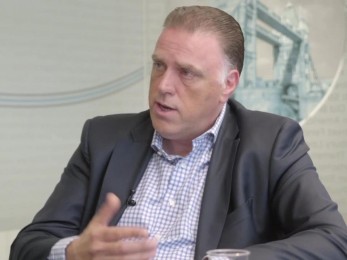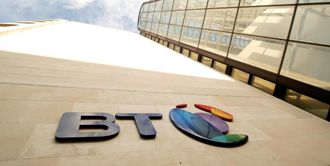 BT announced it would be slashing 13,000 jobs to save £1.5 billion over the next three years, mostly due to the poor performance of its outsourcing arm.
BT announced it would be slashing 13,000 jobs to save £1.5 billion over the next three years, mostly due to the poor performance of its outsourcing arm.
The restructuring comes after BT’s full-year results revealed its revenue declined one percent year on year during the 12 months ending 31 March 2018 – to £23.7 billion while operating profit was up seven per cent to £3.4 billion.
BT’s results were hampered by its troubled Global Services business which saw revenue decline nine percent to just over £5 billion, with EBITDA dropping 12 percent to £495 million.
BT said that of the 13,000 job cuts around one third would come overseas in the Global Services division.
BT is also to abandon its London HQ in favour of 30 “modern strategic sites”.
BT CEO Gavin Patterson said: “Decisions like this are not easy. We recognise that it is going to affect a lot of people, but ultimately we need to do these things to ensure that we remain a competitive business going forward and that we can benchmark our performance against peer companies.”
BT said that the majority of the redundancies would come from back-end roles and mid-management, adding that simplifying its structure will result in “fewer, bigger, more accountable leadership roles”.
It will, however, recruit around 6,000 new employees to “support network deployment and customer service”.
In Global Services, BT plans to introduce new digital products and focus more on its top global customers, while “significantly lowering costs”.
BT said: “The next phase of BT’s transformation coincides with changes in the telecoms market with exponential growth in data consumption and network capacity requirements and increasing competitive intensity from established companies and new entrants.
“It is critical that BT transforms its operating model to build a lean and agile organisation that delivers sustained improvement in customer experience and productivity.”
It is not the only big outsourcer which has been suffering lately. Capita announced losses of £513 million and other firms are finding it hard to compete against smaller rivals.


















